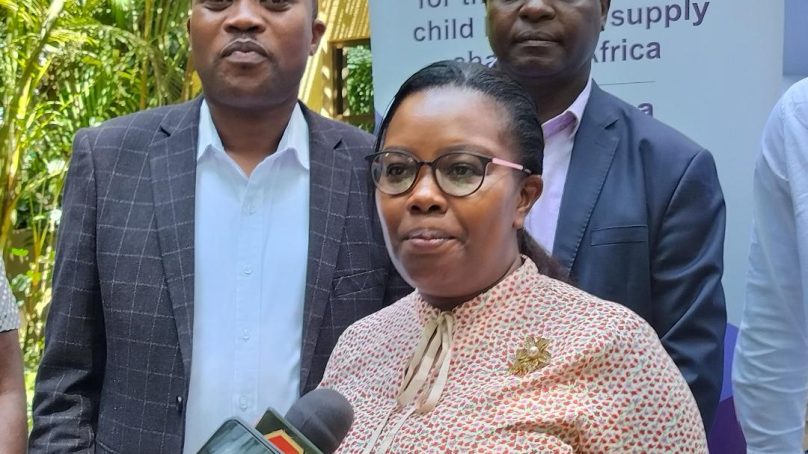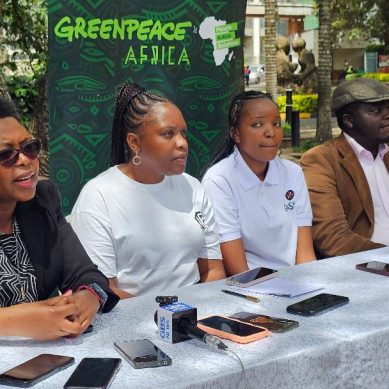
Child labour hits 1.3m in Kenya as ILO estimates world statistics to be 92m, up from 72m in two decades
Statistics from the Global Estimates of Child Labour by the International Labour Organization (ILO) in 2020 point to a worrying trend in the number of children involved in child labour for in two decades.
According to the estimates, Sub-Saharan Africa witnessed a rise in child labour from 72 million in 2016 to 92 million in 2020, with agriculture accounting for 85 per cent of all child labour in the region.
Similarly, data from the Kenya National Bureau of Statistics (KNBS) shows that 8.5 per cent or an equivalent of 1.3 million children are engaged in child labour, which primarily occurs in information production, particularly in the agriculture sector.
These statistics underscore the need for urgent strategic interventions to meet the Sustainable Development Goal (SDG) 8, specifically target 8.7, which calls for the elimination of all forms of child labour by 2025.
As a result, the Accelerating Action for the Elimination of Child Labour in Africa (ACCEL Africa) project has partnered with Kisii County to train 18 trainers from Vocational Training Centres (VTCs) in the region on Start and Improve Your Business programme.
The 10-day training directly targeted one of the root causes of child labour – youth unemployment – by equipping the local trainers with robust business management skills. Once trained, the trainers are expected to mentor and guide the young people within their institutions in starting and sustaining their own businesses, thereby contributing to economic growth and reducing child labour vulnerabilities in tea and coffee supply chains.
Speaking during the closing ceremony of one such trainings at a hotel in Kisii town, ACCEL Africa National Project Coordinator Hellen Rintari said the training is a testament of their shared commitment to ensuring that no child is forced into the workforce before their time.
“By investing in youth entrepreneurship and skill development, we are tackling the very roots of child labour. We are delighted by Kisii County’s partnership and look forward to continued collaboration,” noted Rintari.
Kisii County Executive Committee Member for Education Erick Ongeri pointed out that the training would enable the VTC trainers to equip the youth with the practical skills they needed to flourish in modern labour market, thereby reducing the risk factors that contribute to child labour.
Ongeri affirmed that the county government, through its relevant departments, fully supports the initiative and is committed to achieving the objectives of the ACCEL project. The CECM called for collaboration with additional partners to ensure the newly skilled young people also receive the capital they need to start their own businesses.
One of the VTC trainers, Mercy Kwamboka, said she had gained relevant business management skills and would be passing on the same knowledge to the young people within her institution.
“I am looking forward to equipping our youth with the information needed to start and sustain their enterprises so as to contribute to a reduction in unemployment,” said Kwamboka.
The ACCEL Africa project is designed to accelerate the eradication of child labour by focusing on targeted, system-strengthening interventions within key supply chains such as tea and coffee.
The project employs a holistic “systems approach” that reinforces existing frameworks to address the root causes of child labour rather than relying solely on traditional, project-based approaches.
- A Tell Media / KNA report / By Mercy Osongo







